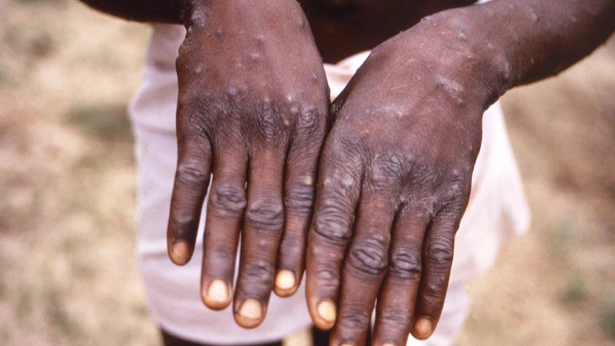‘Mpox not in Tanzania, but take care’

AS mpox cases surge in various African countries, the government has assured the public that all measures are being taken to control the monkeypox virus if cases will occur in the country.
Engilbert Kayombo, acting Health Ministry head of communications, said in a statement at the weekend that the government is well-prepared to provide quality treatment services if there is an outbreak or cases of infection.
This reassurance follows reports of a surge in cases and deaths from the disease in the Democratic Republic of Congo (DRC) Burundi and Kenya, with regional officials noting a
160 percent rise in mpox cases so far this year.
There was a high risk of further spread due to the lack of effective treatments or vaccines available on the continent, with the Africa Centres for Disease Control and Prevention reporting last week that mpox, also known as monkeypox, has now been detected in ten African countries this year.
DRC so far accounts for 96 percent of all cases and deaths, with close to 70 percent of infections seen among under-15-year-olds, as the group similarly represents 85 percent of deaths.
Recently, Kenya confirmed its first mpox case at a border point in Taita Taveta near the border with Tanzania to the northeast, with the virus being detected in an individual, a long-distance truck driver whose route path spans Kenya, Uganda, and Rwanda.
“The Ministry of Health informs the public that, to date, Tanzania is safe and no cases of mpox have been reported. The disease has not entered the country, and we must work together to keep our country safe,” the statement intoned.
Mpox, caused by the monkeypox virus, spreads through close contact and causes flu-like symptoms and a painful rash. While most cases remain mild, severe cases can be fatal, experts say.
Mpox can be transmitted through bodily fluids, including saliva, vomit, sweat, and urine, as well as respiratory droplets like other respiratory or touch epidemic diseases, notably Ebola.
Transmission can also occur through skin-to-skin and sexual contact with an infected person or by using unsterilized equipment, bedding or touching contaminated surfaces, the statement indicated, highlighting that the disease can be transmitted from animals to humans.
Symptoms of mpox include rashes, blisters, or sores on the body, especially on the hands, feet, chest, face, and sometimes on genitalia, accompanied by fever, headache, muscle aches, backache, fatigue, and swollen lymph nodes.
People need to take precautionary measures, including reporting any suspected cases through the toll-free number 199, avoiding touching those with mpox symptoms and refraining from formal greetings. hugs, etc.
Washing the hands regularly with running water and soap or sanitizer, wearing face masks, and seeking urgent medical attention if symptoms are detected, the statement underlined, with those near the border countries told not to touch dead wild animals like monkeys or antelopes.
Health providers across the country need to adhere to Infection Prevention and Control (IPC) guidelines when treating patients.
The World Health Organisation (WHO) says mpox (previously known as monkeypox) has from May 2022 to 31 May 2024 been noticed 97,745 cases and 203 deaths reported from 116 countries worldwide, the statement added.
Top Headlines
© 2025 IPPMEDIA.COM. ALL RIGHTS RESERVED






















